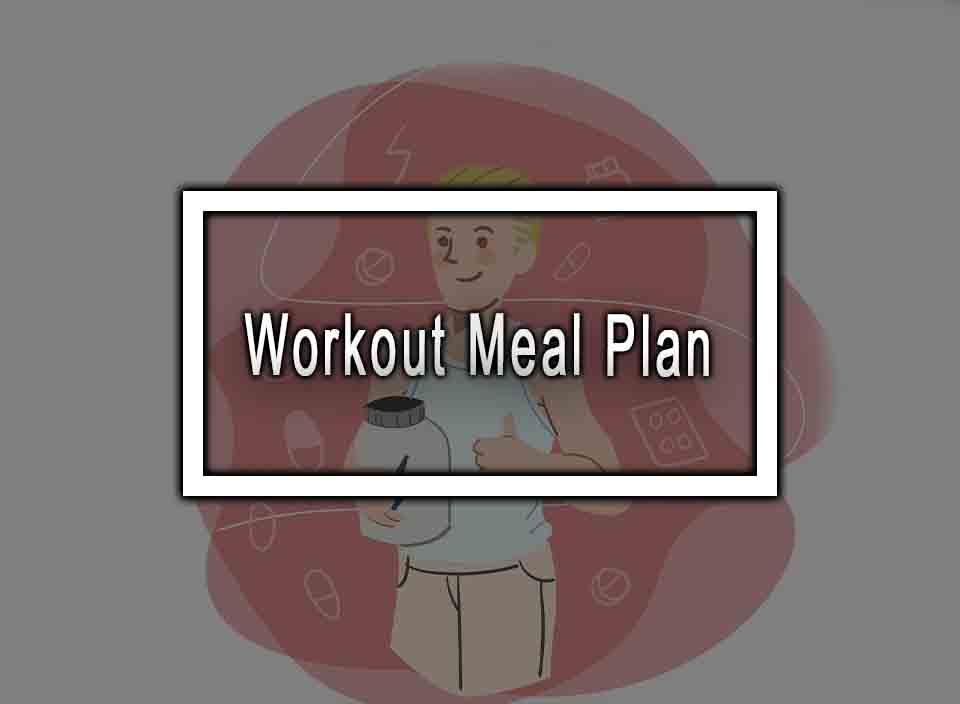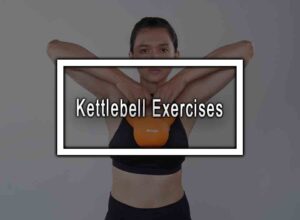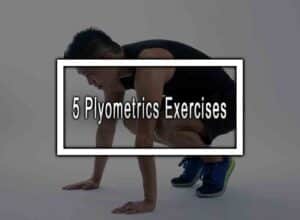What is a workout meal plan?
Getting in shape and staying fit involves a lot of effort and dedication. While physical activity is essential, it is not sufficient to achieve your fitness goals. Proper nutrition is also critical to helping you gain muscle, lose weight, and improve your overall health and fitness. If you are serious about getting in shape and staying there, you need to consider incorporating a workout meal plan into your fitness regimen. In this article, we will outline what a workout meal plan should entail and why it is essential.
A workout meal plan is a daily eating regimen that is specifically designed to meet the dietary needs of individuals engaging in physical activities. The goal of creating a workout meal plan is to provide the body with the necessary energy and nutrients to support muscular growth and repair.
To create a proper workout meal plan, you will need to take into consideration your current fitness goals, including the amount of daily exercise, metabolic rate, and overall health status.
What should a workout meal plan include?
A workout meal plan should include a variety of foods that are high in protein, carbohydrates, and healthy fats. Protein is essential for muscle growth and repair, and carbohydrates provide fuel for your workout. Healthy fats are essential to support brain and heart health.
Here are some foods to consider for your workout meal plan:
Protein Sources
- Lean meats (chicken, turkey, fish, beef)
- Eggs
- Greek Yogurt
- Cottage Cheese
- Tofu
- Lentils
- Quinoa
- Whey Protein Powder
Carbohydrate Sources
- Brown rice
- Whole wheat pasta
- Sweet potatoes
- Oatmeal
- Fruits (banana, apple, berries)
- Vegetables (broccoli, spinach, sweet peppers)
- Whole-grain bread
- Legumes
Healthy Fat Sources
- Avocado
- Nuts (almonds, walnuts, cashews)
- Seeds (chia, flax, pumpkin)
- Olive Oil
- Fatty fish (salmon, tuna)
- Nut Butter (peanut butter, almond butter)
How often should you eat?
The frequency of your meals will depend on your daily caloric intake and physical activity level. It is ideal to eat small meals every 2-3 hours to fuel up your body with the right nutrients, especially carbohydrates, and protein. Eating regularly will help your body maintain a steady stream of energy while supporting muscle recovery and growth post-exercise.
For example, if you are consuming around 2000 calories per day, you can divide that into 5-6 small meals throughout the day. Your first meal could be eaten pre-workout (1-2 hours before your physical activity), and another post-workout (within 30 minutes after you finish your workout). It is also essential to ensure that your pre-workout meal is low in fat and fiber and includes an adequate amount of carbohydrates and protein.
Conclusion
Developing a workout meal plan is crucial if you want to achieve your fitness goals. A proper workout meal plan is designed to provide the body with the right nutrients and energy to support muscle growth and recovery, strength, and overall health. Remember to include a variety of foods, including protein, carbohydrates, and healthy fats. Furthermore, eating regularly, balancing your macronutrients, and timing your intake around workouts are all critical elements to ensure that you’re fulfilling your body’s needs. So, if you want to take your health and fitness to the next level, start developing your workout meal plan today!
Workout Meal Plan FAQs
Here are the most common questions about workout meal plans.
1. What should I eat before a workout?
It is recommended to eat a meal or snack containing carbohydrates and protein 1-3 hours before a workout. Examples include a banana with peanut butter, Greek yogurt with granola, or a turkey sandwich on whole wheat bread.
2. How long should I wait to eat after a workout?
It is recommended to eat a meal or snack containing carbohydrates and protein within 30 minutes to 2 hours after a workout. This can help replenish energy stores and promote muscle recovery.
3. What should I eat after a workout?
A good post-workout meal or snack contains carbohydrates for energy and protein for muscle recovery. Examples include a smoothie with fruit and protein powder, chicken and sweet potato, or a quinoa salad with veggies and beans.
4. How much should I eat before and after a workout?
This can vary depending on individual needs, body weight, and workout intensity. Generally, it is recommended to aim for a pre-workout meal or snack of 200–300 calories and a post-workout meal or snack of 300–500 calories.
5. Should I eat differently on rest days?
It is important to still consume enough calories and nutrients on rest days to support muscle recovery and overall health. However, you may not need as many carbohydrates for energy if you are not exercising. Focus on consuming protein and healthy fats to support muscle recovery and satiety.












